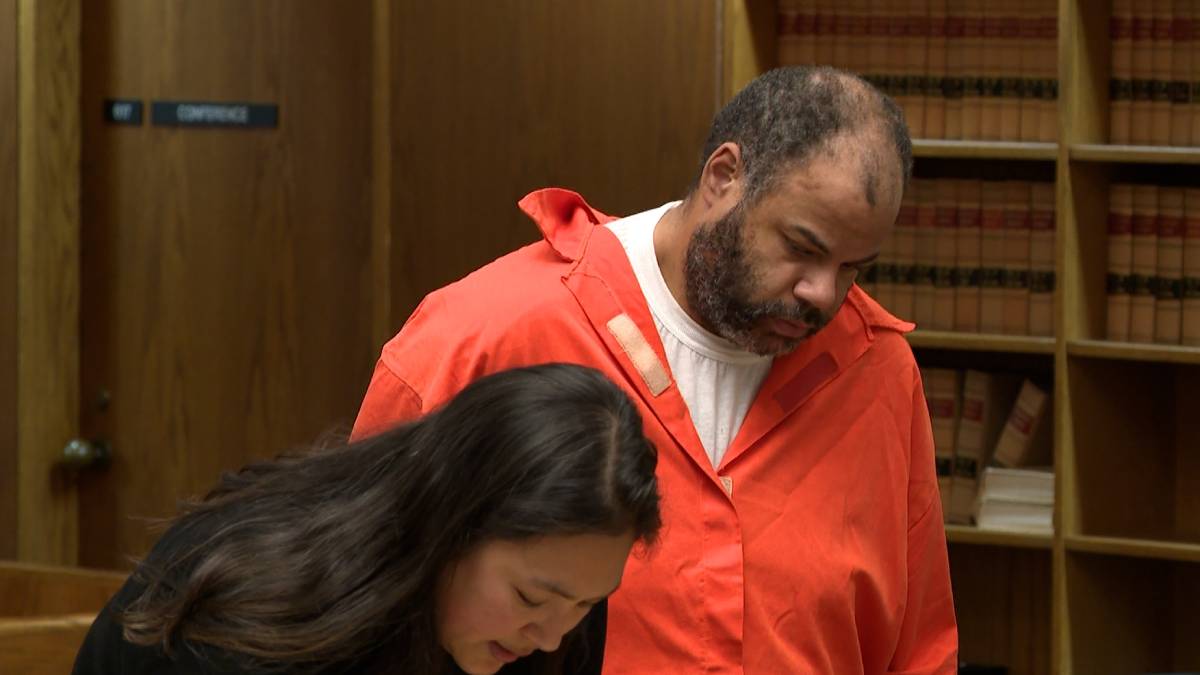(NECN: Mike Cronin, Worcester, Mass.) - The path of a meteor flashes across the sky, captured by multiple cameras in Russia before hitting the earth with the strength of an atomic bomb.
“It actually exploded. So there was a lot of debris and it was splitting up into lots of different pieces. As the earth's atmosphere gets denser and denser, it causes more and more heat,” said Clark University Physics Professor Charles Agosta.
More than 1,000 were injured mostly from debris and shattered glass. Agosta says the 10-ton meteor was traveling faster than the speed of sound when it entered the atmosphere. He says the shock waves created a sonic boom, which broke windows.
“Even if the broken window is from the sonic boom, then of course the shards of glass can hurt somebody,” Agosta said.
Tom Massey is the Dean of the College of Professional and Continuing Education at Clark. He says they have 40 students enrolled in Clark courses at Southern Ural State University in Russia. The school sent Massey a picture, showing the windows shattered.
“It came so close overhead that there was great concern about the noise and what was going on,” Massey said.
Worcester Polytechnic Institute head of physics Germano Iannacchione says Russia had no warning of the meteor. He says an event like this is very uncommon.
Local
“Most of the things that hit the earth are smaller than this particular one and most of the earth's surface doesn't have people. 70 percent is water,” Iannacchione said.
An asteroid came within 17,000 thousand miles of Earth later Friday, but but Iannacchione says there's no connection with the meteor. Meantime, he assures there's no reason to be worried about what happened in Russia.
“So the chance of this happening is very rare and the audience should be aware that this is not something to lose sleep over,” he said.



